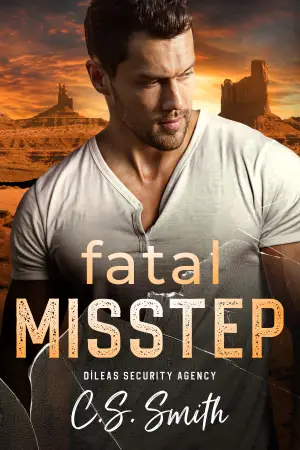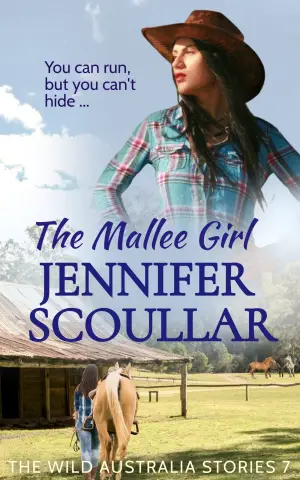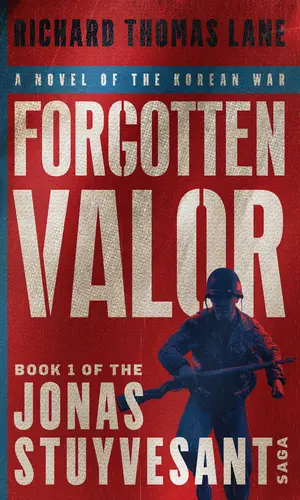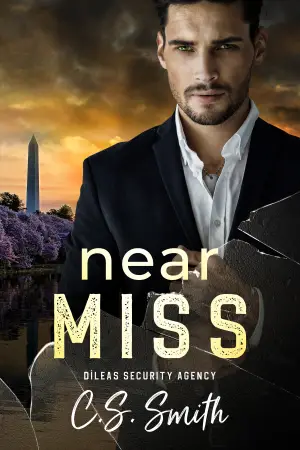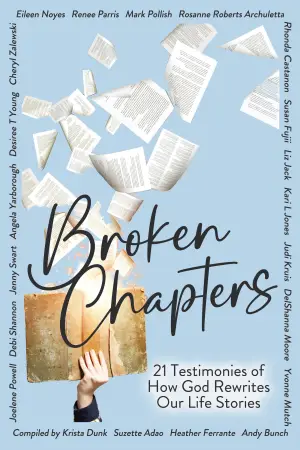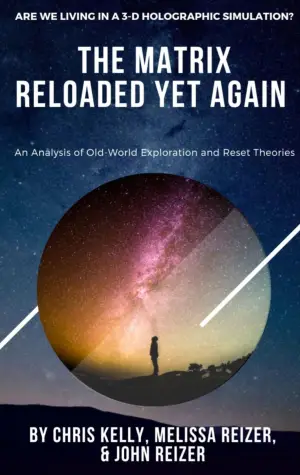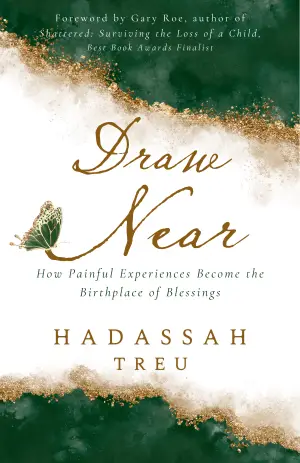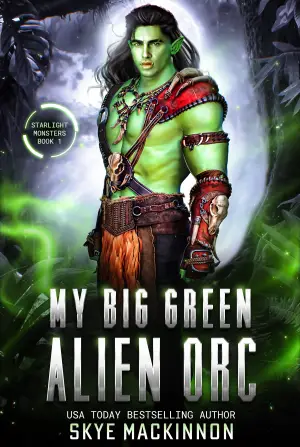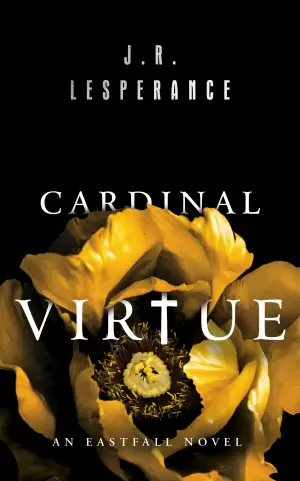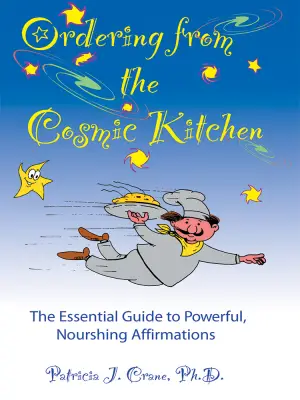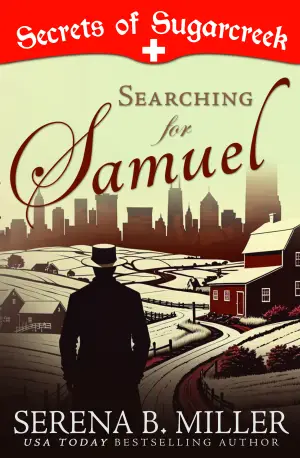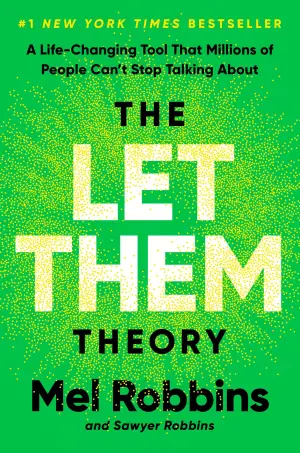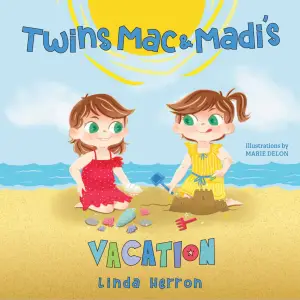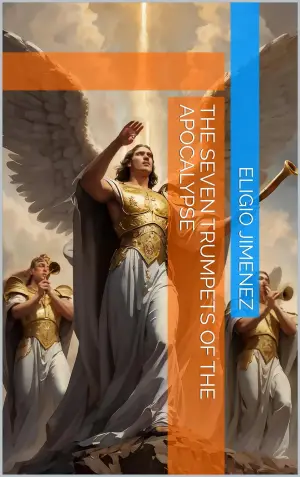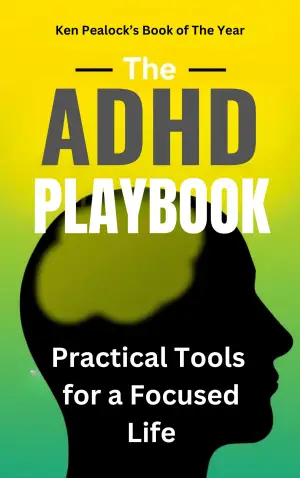Book Review: The Hunger Games by Suzanne Collins
Every so often, a book stirs something deep inside you, and for me, The Hunger Games by Suzanne Collins was one of those experiences. As I immersed myself in Katniss Everdeen’s world, I found myself rekindling my fascination with dystopian narratives—something I hadn’t explored as much lately, especially with a towering TBR list including titles like Oryx and Crake and Mr. Phillips. Still, the buzz around The Hunger Games was hard to ignore. Perhaps it was a chance to revisit the extraordinary and terrifying interplay of survival, power, and rebellion.
When we meet Katniss, she’s fighting not just for her life but also for her family in the impoverished District 12, a place defined by hopelessness under the oppressive rule of the Capitol. The story’s themes of sacrifice, struggle, and the quest for autonomy are timeless, yet Collins freshens them with her gripping narrative. The stakes couldn’t be higher as the annual Hunger Games—a brutal fight to the death—approach. I felt an almost visceral connection to Katniss; her fierce loyalty to her sister Prim tugged at my heartstrings, making every decision she faced resonate deeply with my own instincts.
The pacing in The Hunger Games was relentless, a factor that kept me glued to the pages even as I promised myself I’d finish the other 50+ books perched on my shelf first! Collins’s writing style combines simplicity with emotional depth, propelling the reader through the harrowing landscapes of both the arena and Katniss’s internal thoughts. It’s refreshing to read a young adult novel that doesn’t shy away from harsh realities while still managing to balance hope and resilience elegantly.
One standout moment for me was when Katniss reflects, “I volunteer as tribute!” A simple phrase, yet it encapsulates the very essence of her character—a symbol of defiance and self-sacrifice that I couldn’t help but admire. Additionally, the complexities of the other characters, from Peeta’s unwavering kindness to Gale’s fierce loyalty, created a rich tapestry that elevated the story beyond just a survival game.
Collins’s ability to weave social commentary into the narrative is another treasure in this book. The stark contrasts between the Capitol’s opulence and the districts’ poverty serve as a mirror reflecting our own societal issues. It makes you ponder the lengths one will go to in a fight for survival, drawing parallels with our own world’s struggles.
As you can see, I could go on raving about The Hunger Games for ages! I believe this book will appeal to anyone who enjoys a well-crafted story rich in themes of resilience and rebellion, not just young adults. Whether you’re a seasoned fan of dystopian fiction or someone looking to embark on this genre, Collins has crafted a world that’s undeniably captivating.
Reading The Hunger Games has reignited my appetite for narratives that blend introspection with action, and I can’t help but feel a notch of urgency as I plan my next bookshelf adventure. Perhaps I’ll make my way through that vast list sooner than expected—if only to find another story that inspires the same whirlwind of emotion. Who knows? But for now, Katniss and her journey will linger in my thoughts, a testament to Collins’s gripping storytelling that resonates long after the final page.
Discover more about The Hunger Games (The Hunger Games, #1) on GoodReads >>

